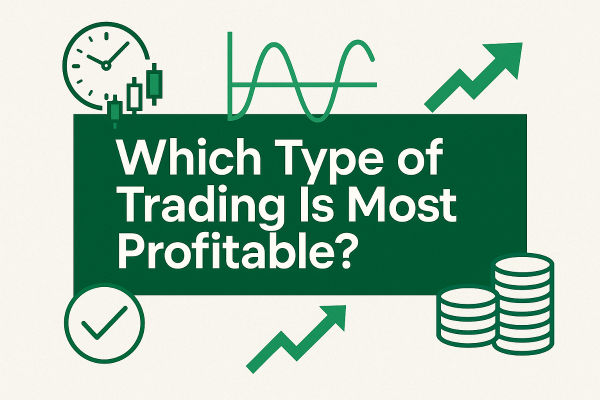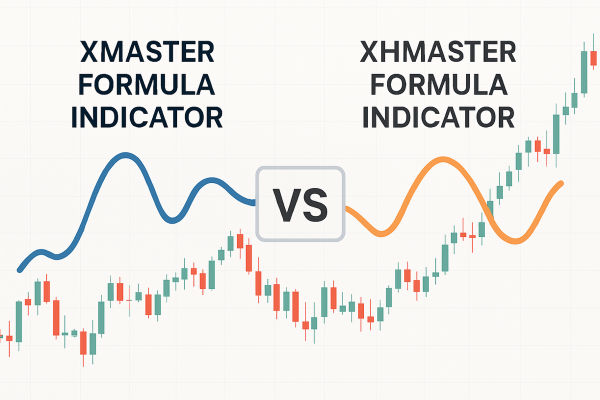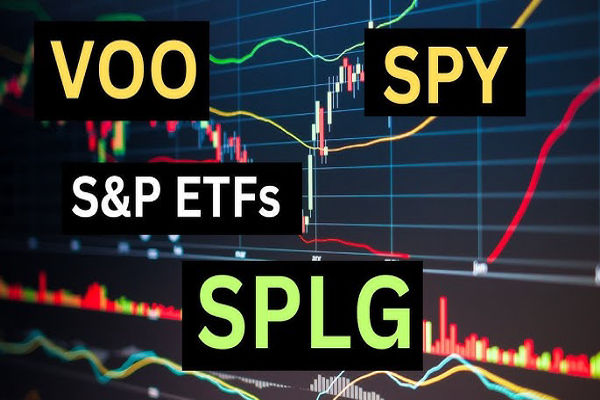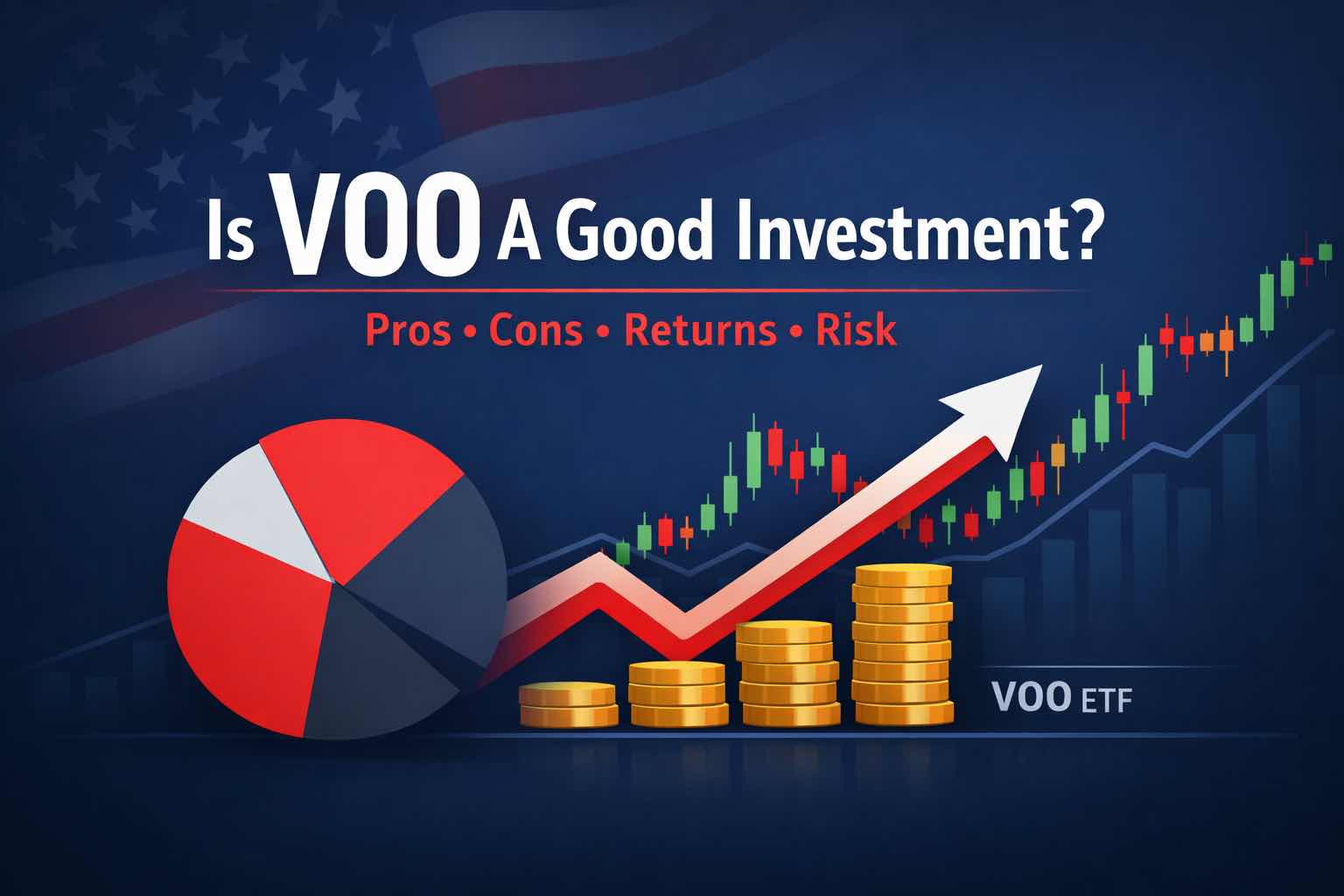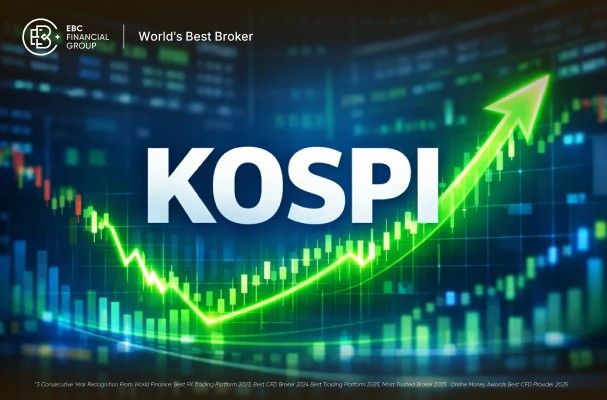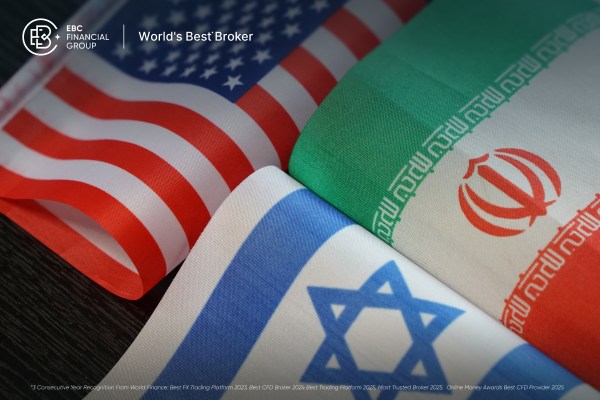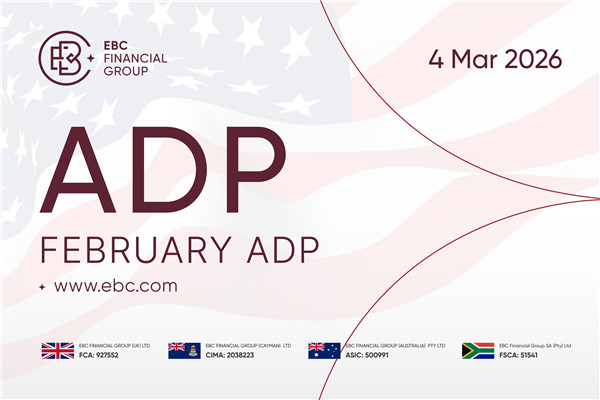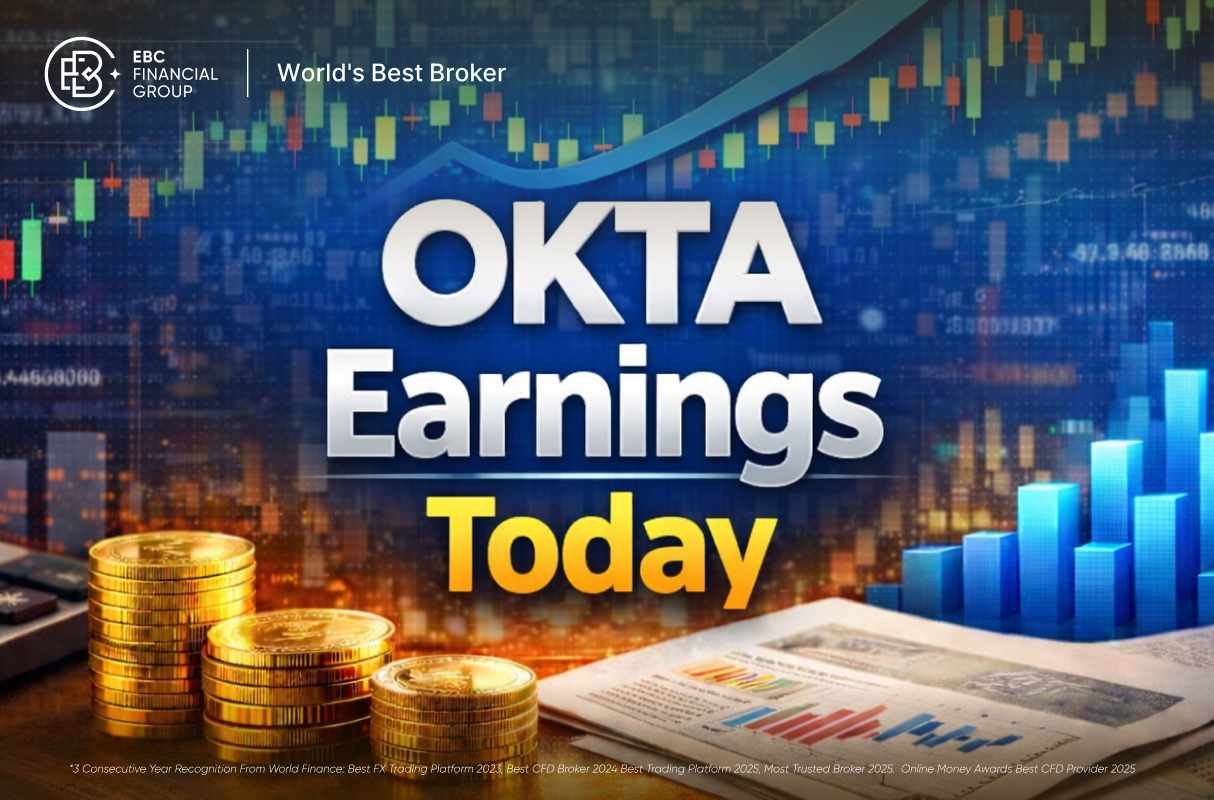Choosing the right trading path early on sets the foundation for long-term success and avoiding rookie mistakes. With markets and instruments multiplying every year, beginners can now choose from a range of options, including stocks, forex, cryptocurrencies, futures, and options trading.
But not every avenue suits a novice in terms of complexity, risk, cost, or required time commitment.
Let's dive into the top five trading approaches, compare their pros and cons, and offer insight into which ones are most beginner-friendly today.
Which Trading Is Best for Beginners? Comparing the 5 Options
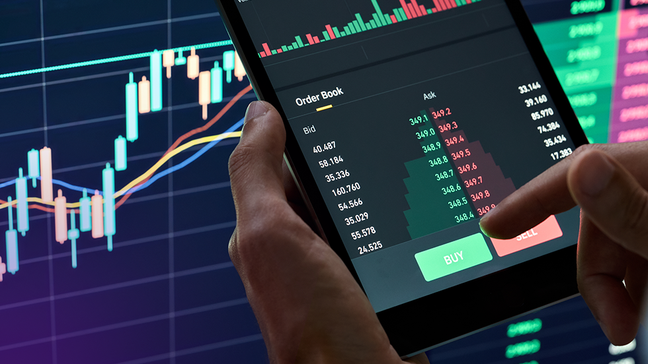
1. Stock Trading: The Classic Entry Point
Stock trading remains one of the most accessible and intuitive ways for beginners to enter the market. Publicly listed companies provide transparency through their quarterly financial reports, and many brokers offer commission-free trading with access to educational resources.
Stock picking can range from long-term investing to swing trades and day trades. Although overnight risks are present, beginners can begin with small steps and establish habits such as documenting trades, pinpointing entry and exit points, and implementing stop-loss orders. However, psychological challenges such as FOMO and retaining losing investments can hinder advancement if the mental aspects aren't tackled promptly.
Stock trading is attractive due to its simple fundamentals, extensive information availability, and regulated settings, making it perfect for newcomers aiming to develop foundational market skills.
Advantages and Benefits:
Familiar and well-regulated market with high transparency
Ideal for long-term wealth-building and dividend income
Access to a wide range of educational content and financial data
Commission-free brokers and fractional shares are available
Suitable for both passive investors and active traders
2. Forex Trading: The Currency Marketplace
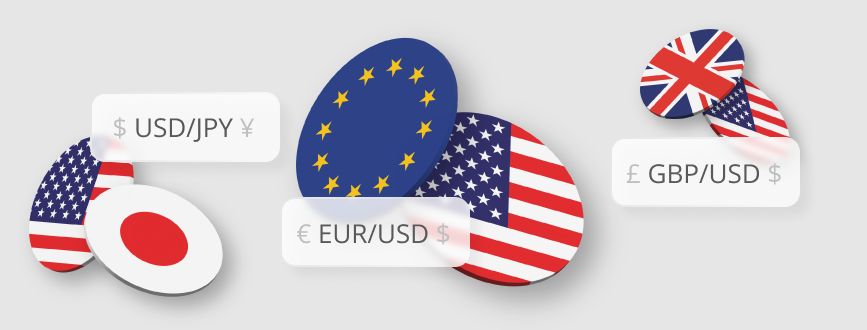
The foreign exchange market offers significant liquidity, around-the-clock availability, and narrow bid–ask spreads for key pairs such as EUR/USD and USD/JPY. For newer traders, forex pairs minimise slippage and erratic price gaps typical of penny stocks or small caps.
Leverage is simultaneously a benefit and a drawback, as it amplifies profits and losses based on scale. Beginners must practice position sizing and manage risk through simple rules. Mastering trade timeframes—especially within London and New York sessions—is essential for international currency pairs.
Forex can be beginner-friendly for individuals who value structure, global macro context, and strategy over hype. Yet unpredictable central bank speeches or breakout events can act like natural obstacles without proper planning.
Advantages and Benefits:
24-hour market access across global time zones
High liquidity, especially in major currency pairs
Low entry capital required due to leverage options
Tight spreads and minimal trading costs with major brokers
Strong focus on technical and fundamental macro analysis
3. Futures Trading: Commodities, FX, Indices
Futures markets—covering commodities, stock indices, treasury bonds, and currencies—are attractive for traders seeking professional-grade environments and deep liquidity. Since each contract represents a fixed quantity, risk and margins are clear, and derivatives pricing is transparent.
Beginners may feel overwhelmed by contract expirations, rollover logistics, and margin rules. Day trading futures excites some with its fast pace, but swing trading and spread trades offer quieter yet effective alternatives.
A simulated futures account can help novices overcome psychological barriers before trading live. For those focused on disciplined execution, futures can be a powerful and calculable channel.
Advantages and Benefits:
Deep liquidity in major contracts like indices, oil, and gold
Standardised pricing and regulated exchanges
Potential for high leverage with transparent margin rules
Effective for short-term, swing, and hedging strategies
Clear risk/reward structure with institutional-grade tools
4. Options Trading: Flexibility with Complexity
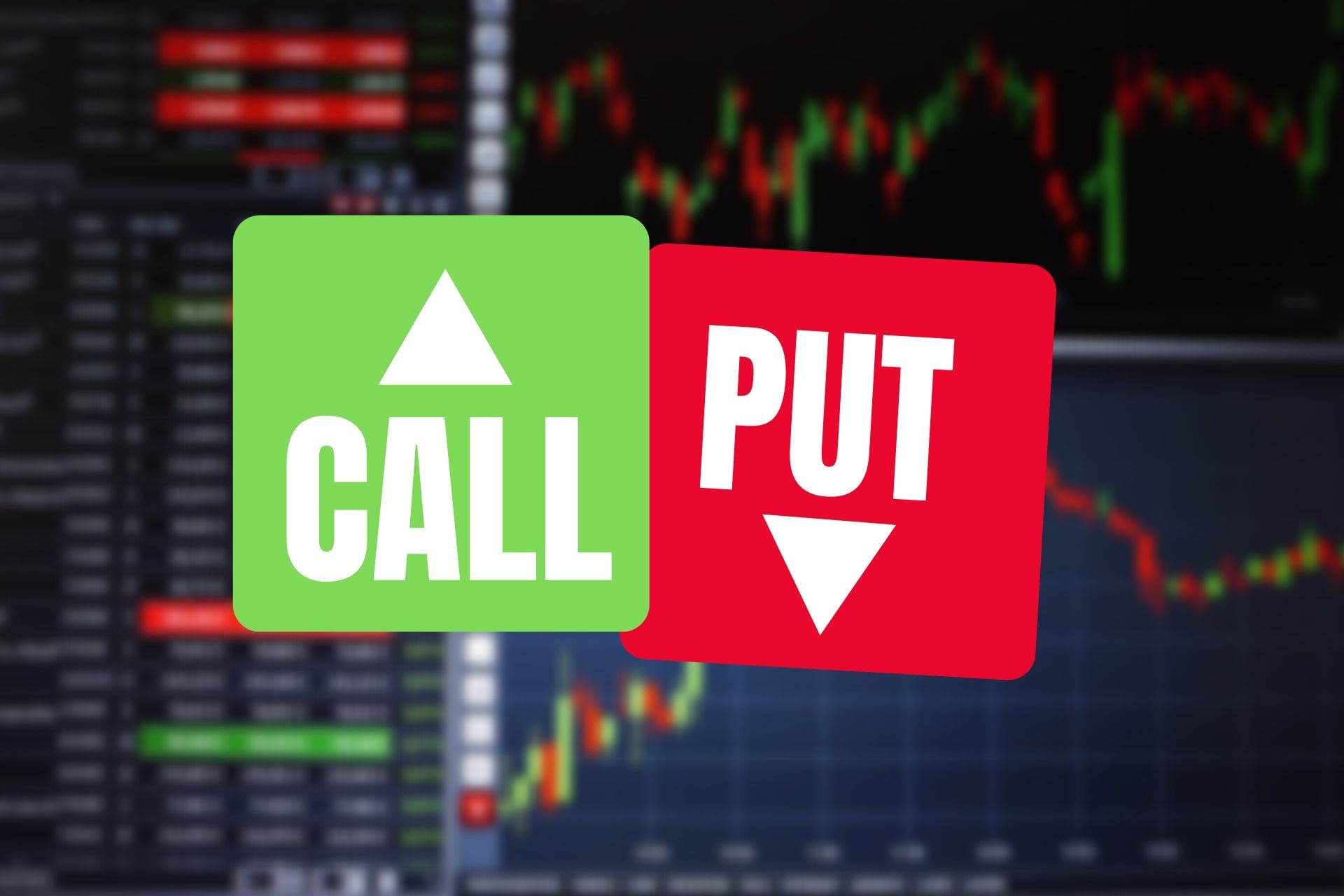
Options allow traders to express bullish, bearish, or sideways views using call or put contracts. Their leveraged potential lets small account sizes control larger exposures.
The strategy toolkit—from covered calls to vertical spreads—provides limitless modelling capabilities. However, to make correct choices, it is essential to understand implied volatility, Greeks, and time decay.
Beginners may consider concentrating on basic strategies, such as selling cash-secured puts or covered calls, to grasp risk profiles before advancing to credit spreads. Risk management is paramount, but options can accelerate learning and return potential once mastered.
Advantages and Benefits:
Flexibility to trade bullish, bearish, or neutral market conditions
Strategies to reduce risk (e.g., covered calls, protective puts)
Limited loss potential with defined-risk spreads
Smaller capital needed compared to stock trading in some strategies
Income-generating potential through premium collection
5. Cryptocurrency Trading: High-Volatility Playground
Cryptocurrencies like Bitcoin and Ethereum attract attention for their volatility and around-the-clock trading. Even modest-sized positions can swing 10% in a day, quickly rewarding early hands and punishing late entries.
This asset class operates with less regulation and greater counterparty risk compared to traditional finance. However, decentralised exchanges offer opportunities in token staking, lending, and DeFi strategies that are absent in established markets.
Crash awareness is critical; beginners may get burned during massive pullbacks or vaporised by hacks. That said, strong communities and accessible tools make crypto appealing to tech-savvy newcomers drawn to digital innovation.
Advantages and Benefits:
High volatility offers fast profit potential
24/7 market availability with global access
Easy to start with low capital using mobile apps and DEXs
Decentralised assets offer innovation beyond traditional finance
Rapid ecosystem evolution for diversified strategies (DeFi, staking, NFTs)
How to Choose the Best Trading Option as a Beginner?
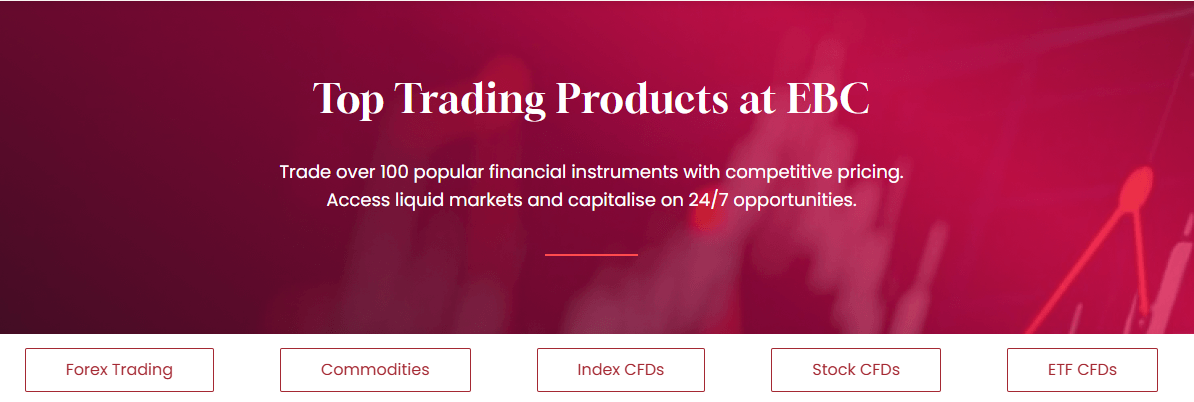
Choosing the ideal path depends on your time availability, risk comfort, and learning style.
Long-term stock investors have the luxury of weekends, news digestion, and emotional pacing. Short-term traders in forex, futures, or crypto may need scalability, all-day monitoring, and disciplined habits.
Complexity matters too. Entry-level stock or forex configurations can be obtained through limit orders and price movements. Options and futures demand greater education and letter-perfect execution.
For individuals with limited funds, forex offers an attainable base for trading stocks or CFDs. Investors who are willing to take on more risk might appreciate the significant rewards, but also face larger threats from crypto or options.
Conclusion
In conclusion, there is no universal solution for beginners. By comprehending the advantages and disadvantages of each option through real experimentation, you can align your style, personality, and time constraints with a trading method that will endure.
Become a successful trader not by chasing the hottest trend, but by choosing the path that fits you and walking it strategically.
Disclaimer: This material is for general information purposes only and is not intended as (and should not be considered to be) financial, investment or other advice on which reliance should be placed. No opinion given in the material constitutes a recommendation by EBC or the author that any particular investment, security, transaction or investment strategy is suitable for any specific person.














